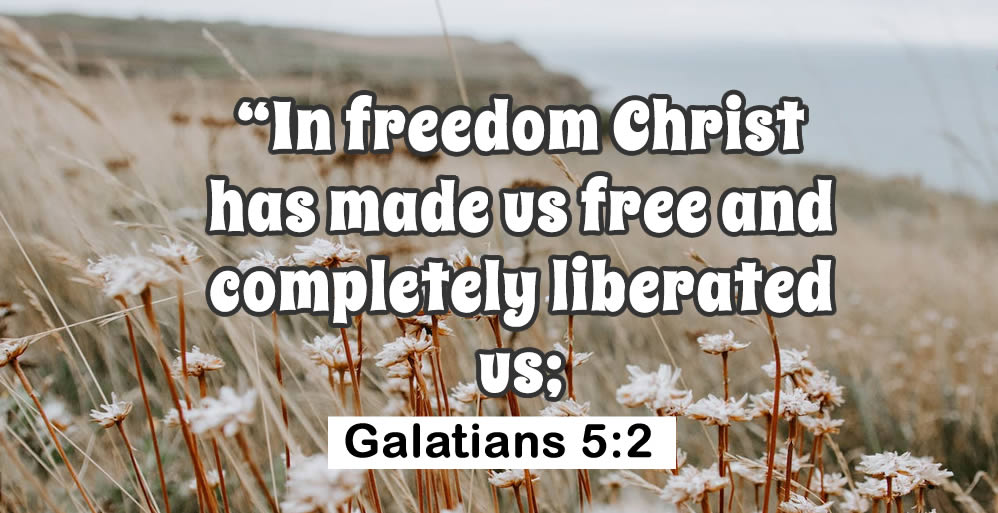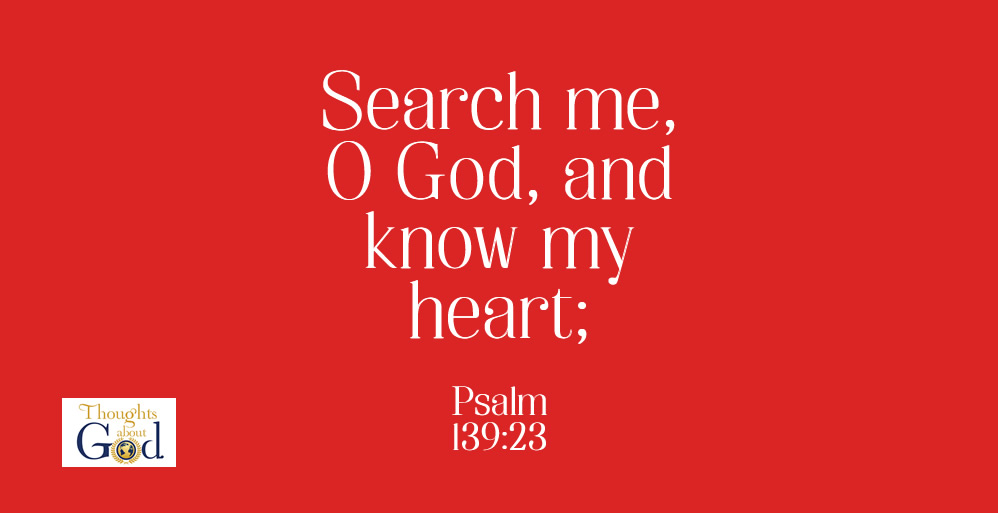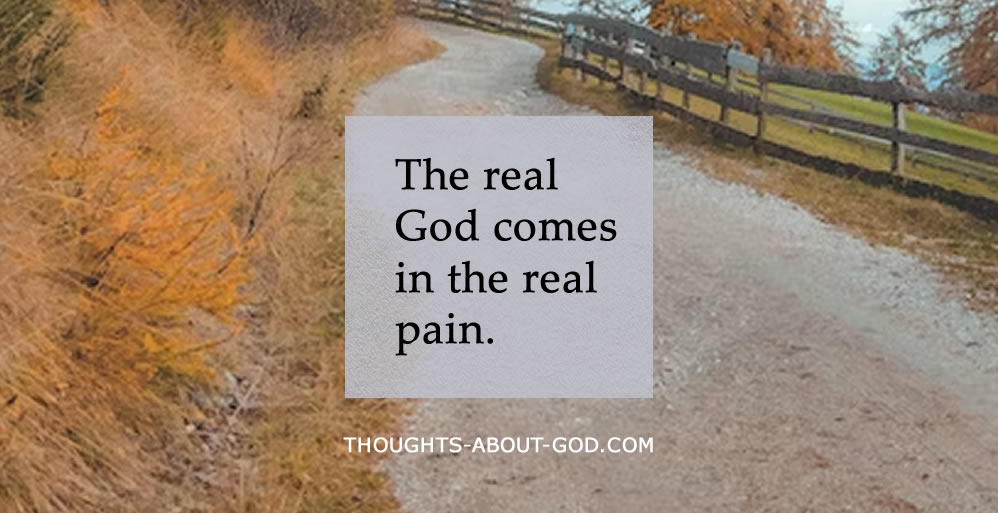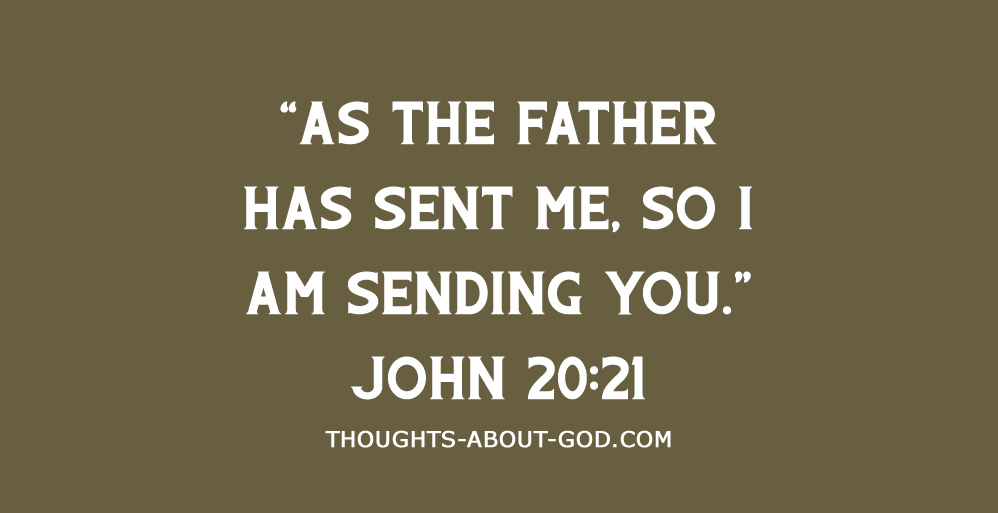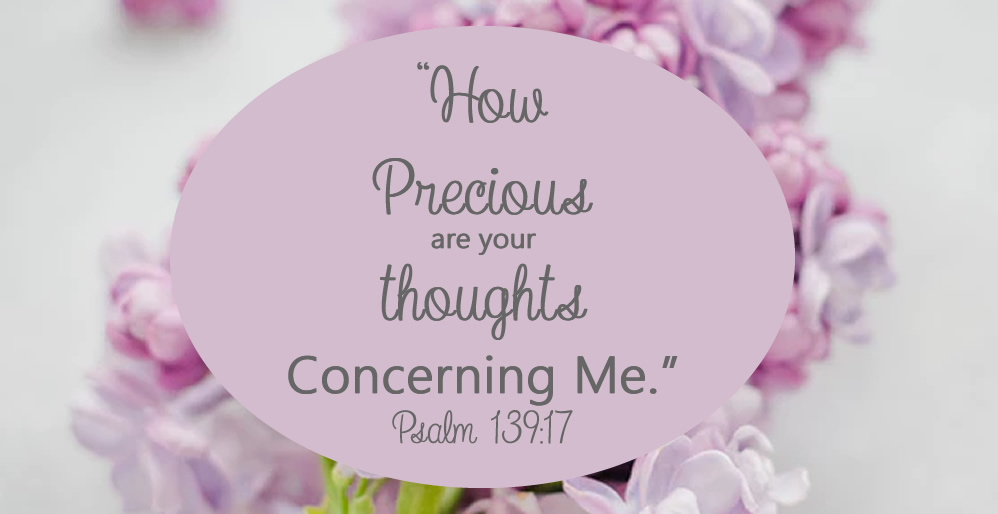The WWJD (What Would Jesus Do) bracelet fad has receded from top shelf popularity. The book, In His Steps, by Charles Sheldon has similarly slipped from public view. Our memories are short, our intentions even shorter, but the motivation behind both bracelet and book is honorable and worth our consideration.
In recent months I’ve become painfully aware of acquaintances and close friends facing near-unspeakable tragedy. Their reactions have been as varied as their situations. Anger. Denial. Futility. Calm–even joyful–acceptance. While personality and past experience profoundly influence their reactions, the months-long walk of one friend captured my attention.
Throughout her long battle with cancer, I saw her intelligent mind engaged as she conferred with doctors, accepting many of their solutions, refusing others. She read medical journals to learn of diet and lifestyle influences on her disease. She continued teaching piano to children and adults even as she underwent the scheduled chemotherapy treatments. That’s the “what” of my friend’s battle.
But the “how” How could she continue meeting each Sunday morning with a group of friends, sharing both “it’s been a really hard week” and “isn’t God good?” comments. (Many more of the latter than the former!) Not once throughout the long months did we hear a “why” question.
How did she “do” it? As I observed Sue’s life, several answers to that question became obvious.
(1) She was not surprised by tragedy. She firmly believed that cancer (or any other misfortune) is simply part of living in a fallen—post-Eden—world. This definitely didn’t mean she saw calamity around every corner; she simply accepted that bad-things-happen-to-good/all-people.
(2) She purposefully lived and shared in community. She kept her family informed of her situation but didn’t call every day with medical updates! (To the chagrin—but final acceptance—of some.) She drove through rain, snow, sleet and sunshine to church activities. We worried about her but also applauded her determination. She continued encouraging other cancer patients through a care network.
(3) She chose—crucial word—to believe that is God good, that he loved her, that he had a plan for her life. She cultivated this practice for years, before rising from her bed each morning, thanking God for the new day, for the joy she expected him to give her.
(4) She immersed herself in God’s Word—and words—to her. Reading the Bible wasn’t a mere morning ritual, but a time of contemplating words, phrases, sentences, intentionally digging deep beneath the markings on the page. Not one Sunday passed without Sue’s sharing of some “new” insight, produced and applied by God’s Holy Spirit.
(5) She was intimately acquainted with Jesus. He was not merely God’s provision of salvation. He was definitely not “just” an example or teacher, nor an ultimate judge. When Sue faced thoughtless words from well-meaning friends(?), she searched the Bible to find how Jesus reacted in similar situations. When the burdens of pain seemed overwhelming, she re-read the Gethsemane story and once more wept the words, “Not my will...” When sleep proved elusive, she—like Jesus—”withdrew into the wilderness and prayed.” If he did it, then she, as his disciple and friend, would do likewise.
(6) She practiced gratitude. Each morning she thanked God for the new day. She thanked him for sufficient resources to pay for treatment. She thanked him for sunshine, rain, storm, flowers. She thanked him for the FedEx delivery man…whom she invited him in and prayed for! Because she was well acquainted with God’s loving nature and purposes, she couldn’t imagine a life without gratitude.
(7) She willingly placed her family, friends and future into God’s hands. This wasn’t a mere spiritual exercise, but practical action accompanied by holding her hands with open palms and imagining people and plans offered to the God she trusted.
Sue spent little time thinking about the “what” of her situation, but she was immersed in the “how” of living as a Christ follower. She had spent a lifetime “practicing the presence” of Christ so that it became the almost automatic “how” of walking through floods and fires, through the realities that all of us will face at one time or another. She needed neither bracelet or book.
By Marilyn Ehle
Used by Permission
If you have never surrendered your life to Christ, you can start today. Simply say this prayer and your journey with Christ will begin:
Prayer
Lord Jesus, I want to trust you from now on. Thank You for dying on the cross for my sins. I open the door of my life and receive You as my Savior and Lord. Thank You for forgiving my sins and giving me eternal life. Take control of my life. Make me be the person You want me to be. Thank you for enabling me to trust you in these uncertain times. Amen.
If this prayer expresses what you desire, take this step to respond to God’s invitation. He will forgive your sins, be with you always, guide you each day and give you eternal life. If you do pray this prayer of faith, God will be faithful to his promise and come into your life.
Just as the introduction is the beginning in any relationship, getting to know God is just the beginning. To grow in your relationship with God, talk to him daily through prayer, start reading the Bible beginning with the gospel of John and seek out others who have a personal faith in God. A relationship with God provides an unchanging foundation of hope in a world of unprecedented change. God will give you the strength to face the challenges of each day and to anticipate the future he has a planned for you.
Further Reading
• Triumph in Tragedy – by Max Lucado
• Praying in a Crisis – by Charles Stanley
• Unexpected Detours – by Katy H. Jones
SUBSCRIBE BY EMAIL: FOLLOW THIS LINK
Follow Us On: Facebook • Twitter • Instagram • Pinterest

